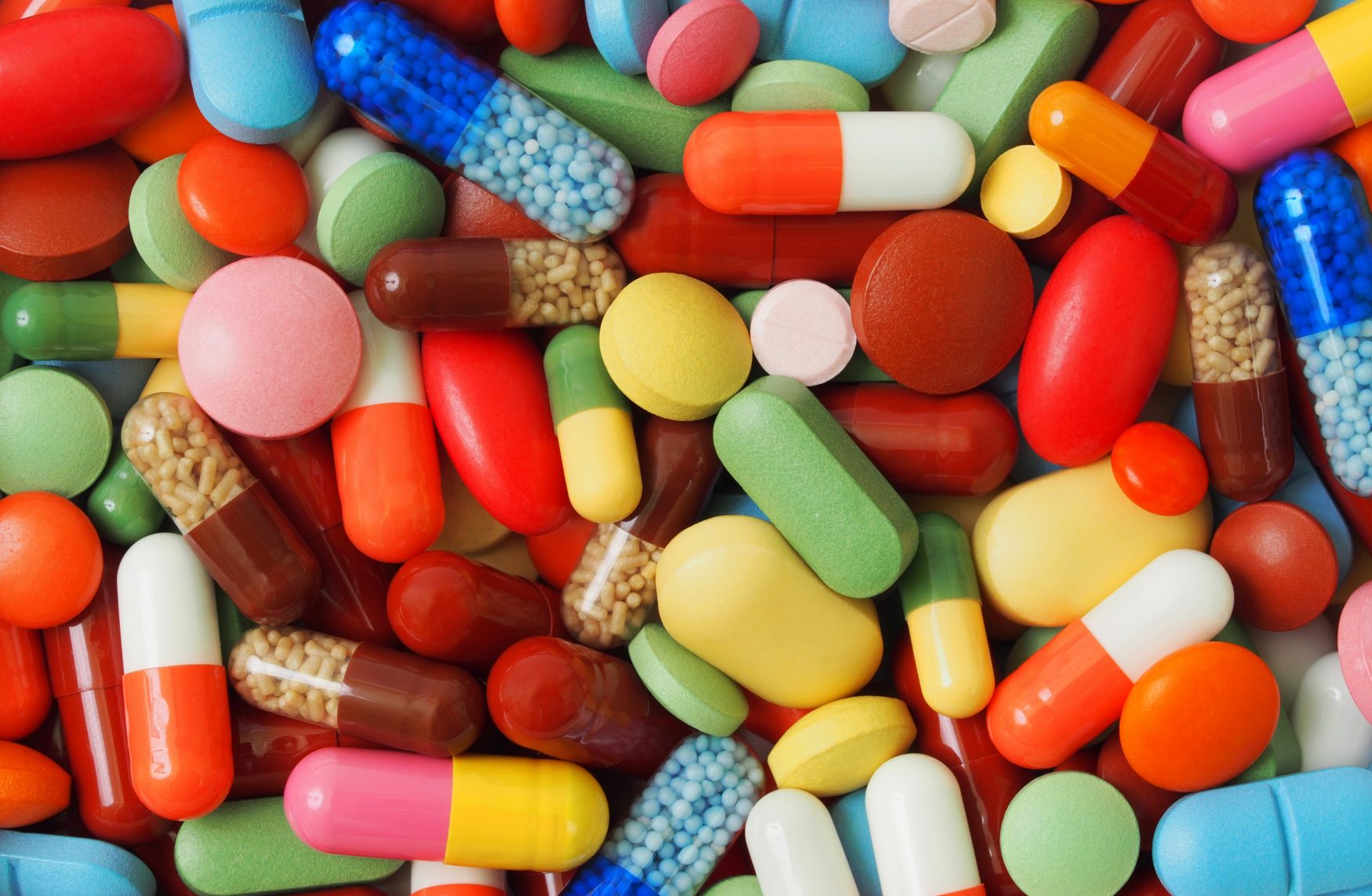
About Access to Pharmaceuticals
Access to Pharmaceuticals of Brand Name Versus Generic Drugs. People Seek Alternatives to the Rising Cost of Name Brand Drugs Pushed on Them by the Crooked FDA & AMA.
Americans’ access to pharmaceuticals that are affordable for everyone is an issue which has long been going on in the United States.
Due to the way the pharmaceutical system is structured in America, drug manufacturers control the price of medication.
For the most part, there is little regulation for pharmaceutical pricing, which means major drug companies have a monopoly on patented medications.
Other countries, such as France, have direct price controls on drugs and this allows all their citizens to have access to cheaper and more affordable medications.
In order to pay less for their medications, many Americans are importing them from Canada, either online or by crossing the border by car.
Importing Canadian drugs is highly controversial and criticized by the American government, but this doesn’t stop people from continuing to buy cheaper medications any way they can.
The federal government is also being criticized, as access to pharmaceuticals seems to be based much more on politics than on healthcare and economics as it should be.
And of course pharmaceutical companies are just as much under the gun, accused of caring only about making profits at the expense of Americans in need of medication.
Has American healthcare and medication become nothing more than keeping shareholders happy?
Laws of Patents
Patents are what fuel the financing for the pharmaceutical industry in the United States.
Protection for patents is what drives research and development companies to create new and innovative medications.
But at the same time, patent protection is the power given to drug companies and the reason for the high cost of many medications.
Pharmaceutical companies apply for patents on new drugs, and this patent is valid for 17 years.
That means during these 17 years, no other drug company can manufacture this drug as exclusive rights rest with the developing company.
It’s these patents, and the lure of profit, which encourage drug companies to take on the high cost and risk associated with the development of any new medication.
One of the negative aspects of patent protection is that it creates a monopoly for pricing by the developing company and this leads to inadequate access to pharmaceuticals for people from all income levels.
Ideal competition would allow for competing companies and consumers to force down the high cost of drugs.
But the pharmaceutical industry is anything but ideal.
The reality of patents is competition is nonexistent for a period of 17 years.
This allows pharmaceutical companies to charge higher prices than if the market was competitive.
Access to Pharmaceuticals: Generics
Generic drugs are usually sold under the name of one of their active ingredients or at least use a name far removed from the trade name.
All generic drugs must contain the same active ingredients as the brand name drug, however, they can contain different non-active ingredients.
Generic drugs must also be equivalent in strength, purity and the way they react with patients.
In most cases, the generic drug will be available after the patent on a brand name drug has expired.
Many times, due to competition between the generic and brand name companies, both drugs will be sold at much lower prices than they were under patent.
Generic drugs allow access to pharmaceuticals at substantial savings to both the consumer and to healthcare insurance companies without the quality of care ever being in question.
Generic drug companies can sell medications at lower prices since they don’t have to make back the money spent on research and development.
Not only does the low cost of drugs benefit Americans, it also makes many drugs more affordable and available to people in developing countries.
Challenging Patents
Companies who research, develop, and market brand name drugs are reluctant to turn over the manufacturing of medications to generic drug companies even when the patent has expired.
The profits they make on brand name drugs, despite the cost of research and development, is enough to make many of these companies challenge patents in any way they can.
Challenging patents can involve time and costly litigation to extend the patent on medications as well as argue for the exclusive right to manufacture it.
Critics of brand name pharmaceutical companies often call this process ”evergreening”.
The courts, the federal government and consumers need to fight on behalf of the rights of generic drug companies to manufacture drugs that have come off patent so that the rising costs of healthcare in this country are curbed.

 My First Amazing Ayahuasca Experience
My First Amazing Ayahuasca Experience  Pine Needle Tea
Pine Needle Tea  The REAL Controllers of Humanity: The Papal Bloodlines
The REAL Controllers of Humanity: The Papal Bloodlines  Is it Global Warming or Cooling?
Is it Global Warming or Cooling?  Gun Rights and Obama Examined
Gun Rights and Obama Examined